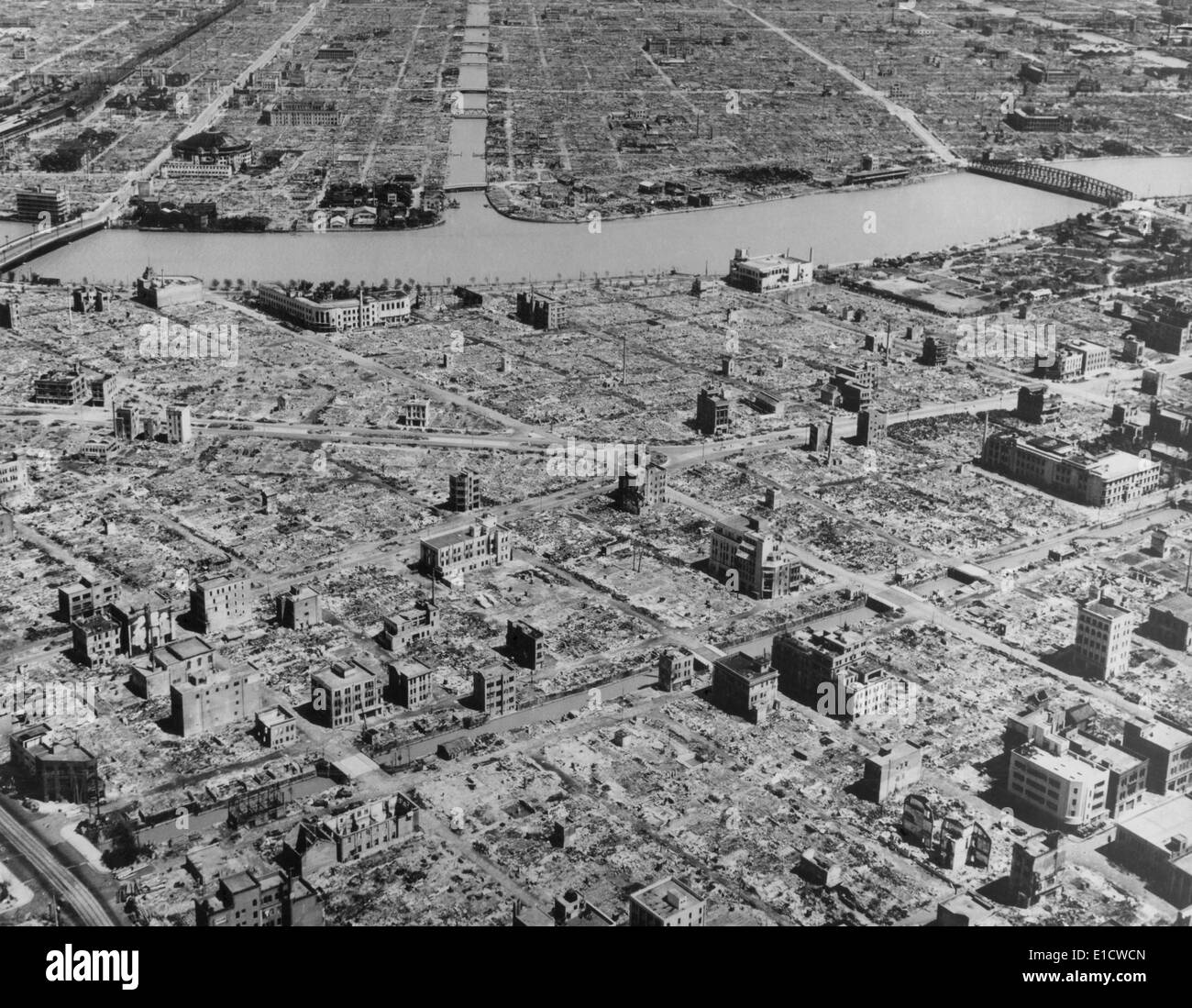I did, and he does not explain why the Japanese did not speak of the Soviet invasion, but of the atomic bombings in the meeting on 9 August 1945.
This is his expert opinion
You are entitled to your opinion
Historian*Tsuyoshi Hasegawa*wrote the atomic bombings themselves were not the principal reason for Japan's capitulation.[102]*Instead, he contends, it was the Soviet entry in the war on 8 August, allowed by the*Potsdam Declaration*signed by the other Allies. The fact the Soviet Union did not sign this declaration gave Japan reason to believe the Soviets could be kept out of the war.[103]*As late as 25 July, the day before the declaration was issued, Japan had asked for a diplomatic envoy led by Konoe to come to Moscow hoping to mediate peace in the Pacific.[104]*Konoe was supposed to bring a letter from the Emperor stating:
His Majesty the Emperor, mindful of the fact that the present war daily brings greater evil and sacrifice of the peoples of all the belligerent powers, desires from his heart that it may be quickly terminated. But as long as England and the United States insist upon unconditional surrender the Japanese Empire has no alternative to fight on with all its strength for the honour and existence of the Motherland*... It is the Emperor's private intention to send Prince Konoe to Moscow as a Special Envoy*...[105]
Hasegawa's view is, when the Soviet Union declared war on 8 August,[106]*it crushed all hope in Japan's leading circles that the Soviets could be kept out of the war and also that reinforcements from Asia to the Japanese islands would be possible for the expected invasion.[107]*Hasegawa wrote:
On the basis of available evidence, however, it is clear that the two atomic bombs*... alone were not decisive in inducing Japan to surrender. Despite their destructive power, the atomic bombs were not sufficient to change the direction of Japanese diplomacy. The Soviet invasion was. Without the Soviet entry in the war, the Japanese would have continued to fight until numerous atomic bombs, a successful allied invasion of the home islands, or continued aerial bombardments, combined with a naval blockade, rendered them incapable of doing so.[102]

